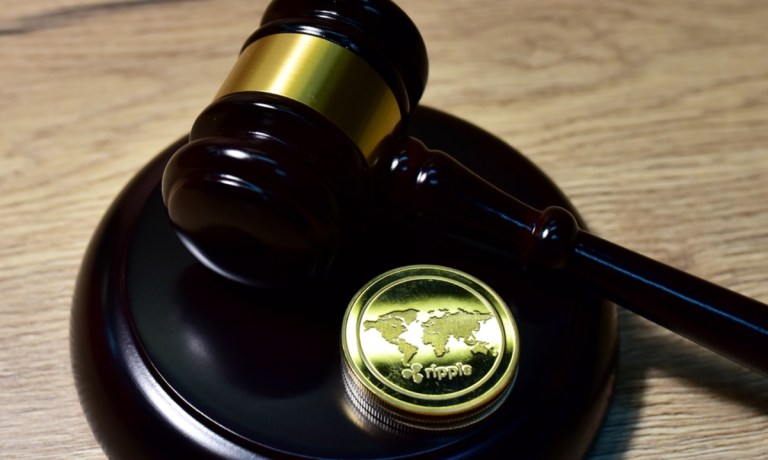Ripple CEO: XRP Ruling Gives Company Freedom to Grow

Ripple CEO Brad Garlinghouse is celebrating following a recent court ruling involving his company’s token.
In an interview with Bloomberg TV Friday (July 14), the crypto executive said the ruling by U.S. District Judge Analisa Torres the previous day means that Ripple’s XRP “is not a security,” which gives the firm more leeway to go after new business.
It also means he doesn’t need to worry about promoting Ripple’s use cases and technology, Bloomberg added.
As noted here last week, Torres’ ruling said that XRP is a security when sold to institutional investors although not the general public, a victory for the crypto sector against the Securities and Exchange Commission, which filed suit against Ripple in 2020.
“I have heard from hundreds of people throughout the industry, there’s just broad enthusiasm and excitement, this is the first time the SEC lost a crypto case,” Garlinghouse said. “The SEC has been a bully.”
“Judge Torres’ decision in Ripple is a huge win for the cryptocurrency and digital asset industry,” Arthur G. Jakoby, co-chair for securities litigation and enforcement at Herrick Feinstein, said last week. “If upheld on appeal, this decision significantly narrows the SEC’s jurisdiction over the crypto market.”
As PYMNTS wrote last week, the crypto sector has been waiting eagerly since the SEC first sued Ripple “for a final ruling on whether digital assets are, or are not, securities.”
What does this ruling mean? Different things, depending on whether an investor is a member of the general retail investing public or an institutional investor — or one of the many, many crypto firms seeking legal and regulatory clarity.
“While Thursday’s Ripple ruling will have no impact on crypto operations that are alleged to have been operating fraudulently and engaging in bad-faith market manipulation tactics, it will set a legal precedent for those firms alleged to have been issuing token-securities non-compliantly, and may undermine certain assertions of the SEC,” PYMNTS wrote.
All the same, the judge’s decision in the Ripple vs. SEC case applies to a single token, XRP, and not digital assets across the board.
But at the very least, the ruling could place more pressure on U.S. lawmakers to adopt legislation clarifying the status of digital assets.
In the wake of the ruling, Coinbase Global announced it would relist XRP on its crypto exchange. Coinbase had suspended trading of the token in January 2021 after the SEC filed suit against Ripple.